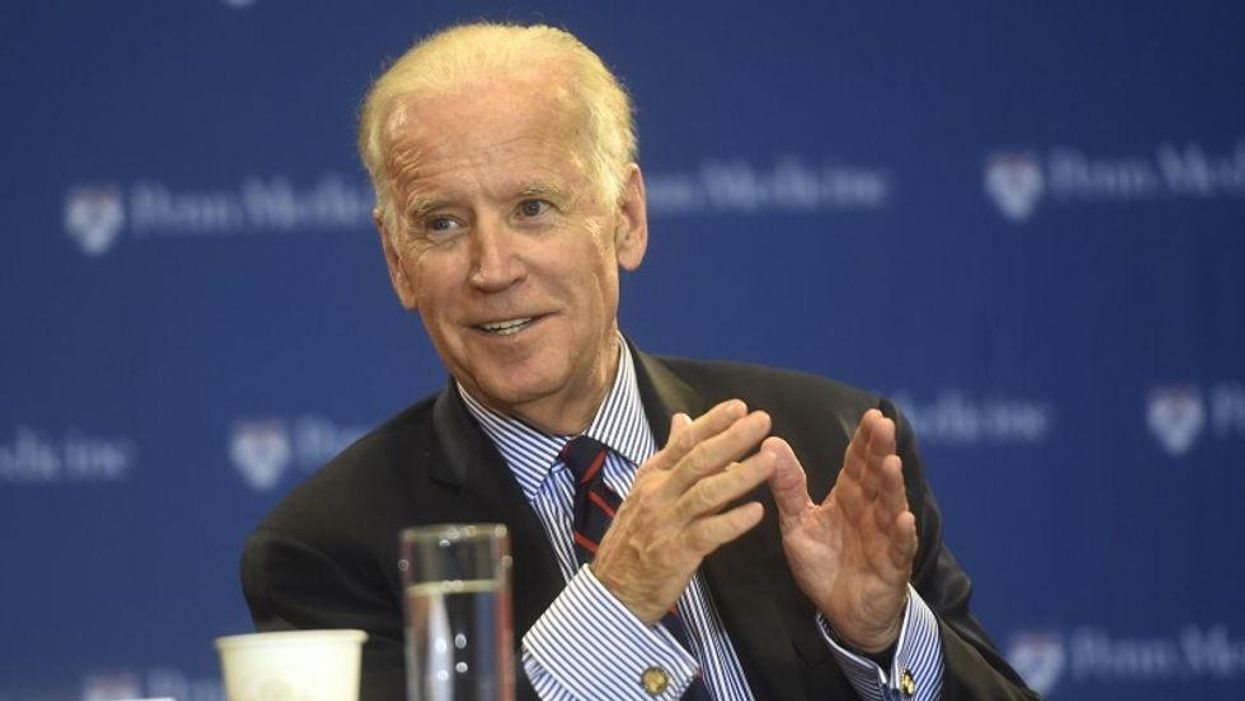Users of a lethal drug 30 to 50 times more potent than heroin are dying in far greater numbers than those reported by some federal agencies, a study of medical examiner reports in those states hardest hit by the epidemic reveals.
The most widely quoted figure for deaths linked to the use of fentanyl is from a nationwide alert issued March 2015 by the Drug Enforcement Agency, which estimated the number, between the end of 2013 through 2014, at 700.
But a study of medical examiner and other reports from eight of ten states where the largest number of seizures of fentanyl were reported reveals much larger and more frightening numbers.
More than 2000 fentanyl-linked deaths were reported in 2014 by medical examiners in those states, which include Ohio, Florida and Massachusetts.
In Ohio, in 2014, 502 died from fentanyl-linked overdoses, up from 92 the previous year, while 397 perished in Florida that same year, up from 185.
And in the small state of New Hampshire, where ahead of the state’s primary the presidential candidates were moved to raise the issue of opioid abuse but failed to specifically mention fentanyl, the 2014 death toll stood at 261, up from 19 the previous year.
Massachusetts reported 336 in the year up to the end of September, 2015.
The U.S. Senate has passed a bill to tackle the opioid abuse crisis, but it does not include specific language addressing fentanyl. The House Judiciary Committee is this week considering its own version of the bill.
The Centers for Disease Control and Prevention (CDC) reports an 80 percent increase in the number of fentanyl-linked deaths between 2013 and 2014, meaning it is a key driver of what health professionals and addiction experts are describing as a health emergency linked to opioid and heroin use.
In total, some 28,000 people died from opioid or heroin overdoses in 2014, up from 22,000 the previous year, and compared to 7,000 in 2001, according to the CDC. The centers, in a warning issued February, said the number of fentanyl seizures increased from 618 to 4,585 between 2012 and 2014, the majority in ten states in the east and midwest.
But the full extent of the fentanyl crisis may not yet have fully emerged, as many medical examiners across the country did not test for the drug until recently, marking the death as a heroin overdose.
The overall death toll would be even greater but for the wider availability of a drug called naloxone, also known as Narcan, which reverses the effects of an overdose, Even then, multiple doses are need to counter the effects of fentanyl.
Originally designed as pain medication for stage four cancer patients and severe burn victims, fentanyl is often prescribed to those suffering from much lesser pain, which made it easier for some to leak on to the black market.
Now, Mexican drug cartels are in the game, with chemists hired to make illicit fentanyl, which is then either mixed in with heroin or packed by itself and marketed as heroin. It is also mixed with cocaine and is now appearing in tablet form.
The demographic of those dying from fentanyl is mixed, though a high proportion are young, white, and male, often from suburban or rural areas, according to the CDC. Many progressed from pain killers to heroin, then often unwittingly to taking fentanyl.
Erin Artigiana, deputy director for policy at the University of Maryland’s Drug Policy, said fentanyl, both legal and illicit, is marketed and distributed as heroin.
On the numbers of deaths, Artigiana said, “The short answer is it’s probably more than 700. States have got better at identifying fentanyl as they realize the situation they have to address.”
“It’s easy to have a bad reaction especially if you do not know what you are taking.”
Michelle Hillman, interim director of communications at the Massachusetts Department of Health and Human Services, described it as a “serious problem” in the state.
“In 2014 alone, 1099 people died from unintentional overdoses. Opioids, including powerful combinations such as heroin cut with fentanyl, are taking almost four lives a day in the Commonwealth,” Hillman said.
Gov. Charlie Baker and Attorney General Maura Healy have moved to tighten criminal sanctions against those caught with more a certain amount of fentanyl, making it a trafficking offense.
In a briefing, Healy’s office said fentanyl is a major contributing factor to the opioid and heroin epidemic, and to the sharp increase in overdoses.
Ohio Sen. Rob Portman, whose state has been badly hit by the crisis, introduced — along with Democratic colleague Sen. Sheldon Whitehouse — a bill to combat the health emergency.
The bipartisan bill was passed by the Senate 85-1 last month. It does not have any measures to specifically address the issue of fentanyl.
And Sen. Portman, a Republican, fears the bill now being considered by the House contains major changes to that passed by the Senate, specifically that it reduces the number of grants and allows states more control over what should be funded.
The House Judiciary Committee began considering its version of the bill Wednesday.
Photo: Fentanyl. Wikimedia Commons/ Alcibiades.












